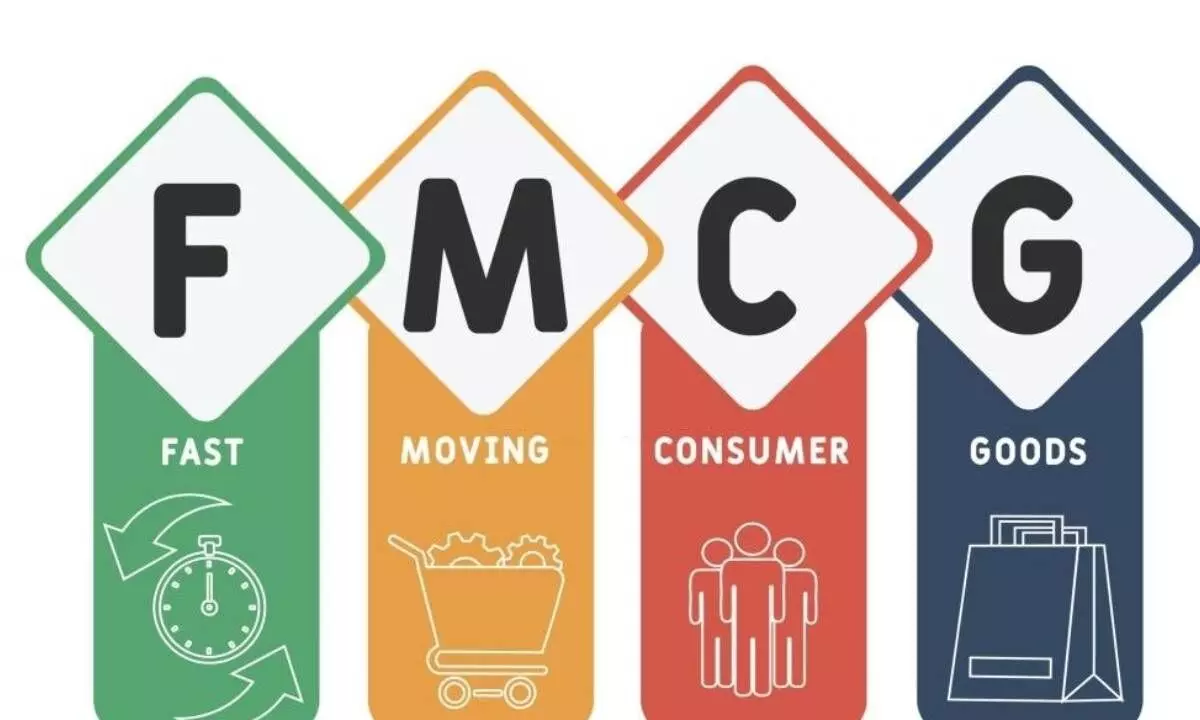FMCGs plan sales push via premium products
Focus on premium segment to enhance brand affinity and increase penetration in emerging channels
image for illustrative purpose

Bengaluru: Premiumisation and focus on power brands by FMCG companies will drive demand for consumer sector in 2024. According to experts, diversification of product portfolio with new launches will be critical for FMCG companies to sustain growth this year.
“Premiumisation is expected to drive growth for companies in 2024, which has been a secular trend for the past few years. Focus of FMCG players has been on the premium segment to enhance brand affinity and increase penetration in emerging channels,” Nuvama Institutional Equities said in a report.
“In a few years, we expect the share of premium, to rise from 29 per cent to 40 per cent. Low penetration of many premium categories is likely to scale up due to rising per capita incomes,” the report added.
In 2023, India’s consumer demand seemed to prefer premium products over low-priced goods. Many FMCG firms have struggled to sell low-priced goods, while luxury, high-priced items flew off the shelves. As premiumisation developed into a major trend in 2023, many companies wooed the rich consumers to compensate for lower sales and falling margins.
The shift in demand has been distinct in beverages, personal care and branded commodities. Similarly, consumption pattern for groceries and household products also showed a sharp divergence, segmentally in 2023. There was a greater demand for pricier, more discretionary products like cosmetics in urban markets where the per capita FMCG consumption is 1.5-2 times the national average.
According to Nuvama Institutional Equities, only 29 per cent of the product belongs to premium category, while 42 per cent are in mid segment. The rest 29 per cent of all FMCG products belong to the mass category.
Given the fact that India’s per capita FMCG consumption remains low, the trend of premiumisation is likely to grow with the rise in per capita income.
The brokerage firm also said that ‘Rs10 is the new Rs5’ in the FMCG space. It signifies that minimum packet price of FMCG goods is becoming Rs10 instead of Rs5.
“Nestle India has reduced the push for Rs7 packs in Maggi Noodles and made a comeback in the Rs10 price point. The Rs10 packs of Maggi noodles are being offered in urban markets, while urban India has more packs of higher price points. Similarly, ITC launched the YiPPee! Wow Masala Noodles, a new variant, at Rs10 recently,” the brokerage firm said.
Another factor that will help in driving demand for large FMCG players is the easing of competition from local players.
“We expect local competition pressure to fade out gradually in 2024 in two more quarters, while market leaders are well equipped to come back. Leaders shall eventually regain market share and remain competitive by offering more value at the mass end by cross subsidy from premium end,” the report noted.

